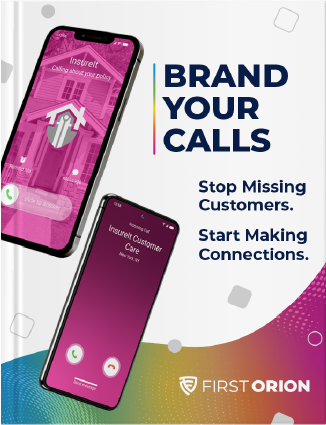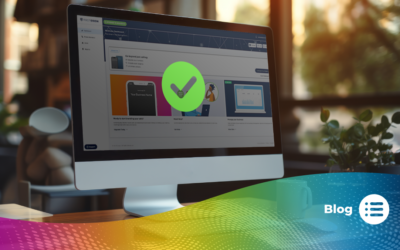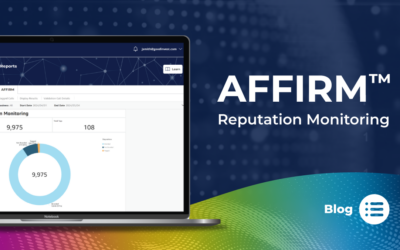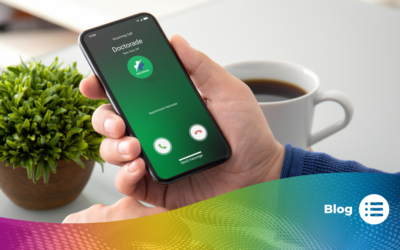If you haven’t noticed recently, almost every app and every website have been sending emails, notifications, and messages letting users know that their privacy policies have been updated. It’s not surprising after the big scandal between Facebook and Cambridge Analytica.
Since then, many people have grown far more interested in knowing the type of information that websites and apps share. When it comes to mobile privacy, consumers should be wary of “crowdsourced” apps that share your data.
We’ll take a beat here to remind you that First Orion never shares or sells your contacts, period. That data is only used to prevent our app from blocking any of your contacts. We don’t use your information for our cloud systems, either. Okay, moving on.
Mobile phone users risk their privacy every time they share their personal contact information online. According to our surveys, 87% of Americans have received a call they believed to be a scam. App platforms have seen a 495% increase in the number of available call blocking apps in just two years. It’s standard practice for Caller ID and blocking apps to ask for access to your contacts; the apps use the information you have stored in your phone book to build their database to know which numbers are legit people and which numbers are not. It’s called “crowdsourcing.” However, what these apps don’t tell you outright is that they can take all of the information you have in your address book and share it however they want.
It sounds far more graceful when it’s written out in their Privacy Policy, of course. Companies make it seem like it’s no big deal and nothing wrong could ever happen. Unfortunately, when you accept these terms and conditions for many apps, you’re also accepting for every single person listed in your contacts. After you hit “OK,” the app can take your Grandma’s info from your address book and add it to their database – or worse, sell it for profit.
When a service is free, more often than not YOU are the product. Apps that rely on “crowdsourced” or “community-powered” data don’t use true underlying technology. Your contacts are uploaded to populate databases, then leveraged to display incoming caller’s information. Some people even report receiving more spam calls after signing up for specific apps, likely because their numbers were sold to a third-party.
Apple has taken notice of these practices and is cracking down on apps which share data. They recently updated their App Store Guidelines, quietly expanding their data sharing rules and introducing strict new guidelines to prevent app developers from collecting user data to build contact databases. Apps can no longer harvest data from a user’s contacts, putting an end to misusing contact information and other sensitive data. They mean business, too – developers caught breaking Apple’s new rules could be banned from the App Store.
With Apple’s privacy updates, expect more companies to be upfront with how they use your data. Just don’t forget that because of some bad apples, your information may already be at large.




